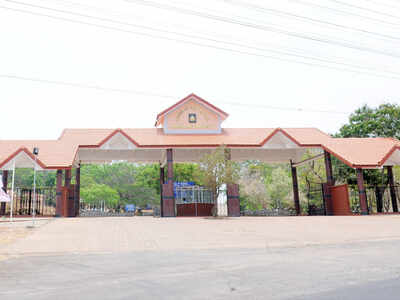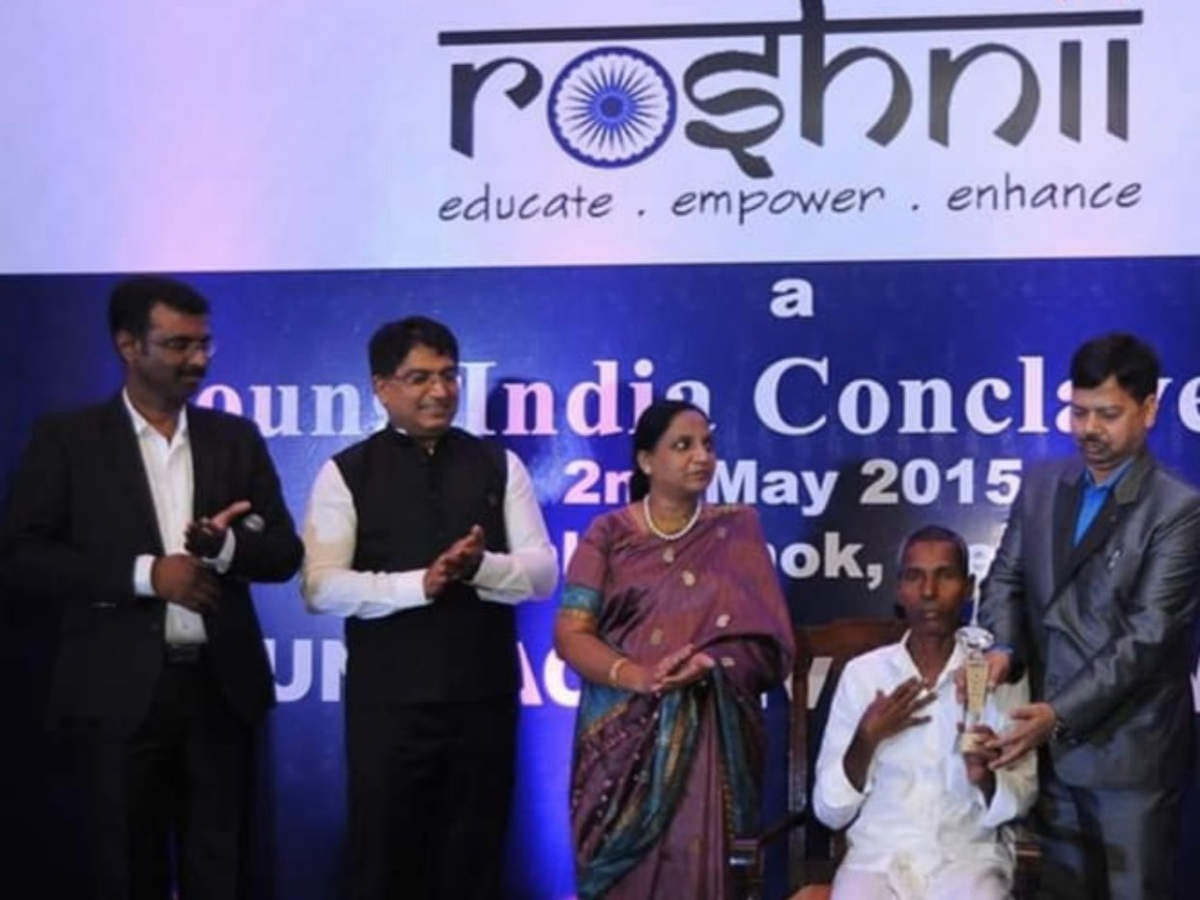
MANGALURU: Kashmiri Pandits who want to pursue education in state universities now could do so according to a directive from department of higher education under the ministry of human resource development. Acting on this directive, Mangalore University has decided to reserve a seat in each post-graduate course offered for the wards of Kashmiri Pandits and the process will start with the admissions from the academic year 2020-21.
This reservation will be made under merit quota, vice-chancellor PS Yadapadithaya informed the first special meeting of the academic council of the university for the academic year 2019-20 and will be on par with seat reserved for meritorious students seeking admission under NCC, NSS, and sports quotas. If the seat remained vacant by virtue of not receiving the applications, it will not be filled up by allotting it to other students, Yadapadithaya added.
In another move aimed at making the university litigation free as per direction of the Syndicate, Yadapadithaya said that the university is mooting to introduce bio-metric attendance system for both students and teachers on its campuses. Teachers and students alike will have to mark their attendance biometrically while entering and exiting the class. “We are planning to install CCTVs inside the classrooms and in more locations in the campuses,” the VC said.
Striving to pare some of the additional responsibilities vested on teaching faculty, the VC said that the university is planning to appoint retired professionals and experts as co-ordinators for various study chairs and centres in the university. This will enable teachers to focus on research and teaching, their primary task, Yadapadithaya said. Such retired persons could also be appointed to head the college development council, directorate of students’ welfare, he said.
On the same lines, the university will appoint full time wardens to manage both hostels of men and women in the campus, reliving teachers of even this additional responsibility, he said. The university has four hostels -- one for women, other for working women and one each for boys and international students. Such a move will give teachers more time to their families and to focus on their academic and research work, Yadapadithaya added.
This reservation will be made under merit quota, vice-chancellor PS Yadapadithaya informed the first special meeting of the academic council of the university for the academic year 2019-20 and will be on par with seat reserved for meritorious students seeking admission under NCC, NSS, and sports quotas. If the seat remained vacant by virtue of not receiving the applications, it will not be filled up by allotting it to other students, Yadapadithaya added.
In another move aimed at making the university litigation free as per direction of the Syndicate, Yadapadithaya said that the university is mooting to introduce bio-metric attendance system for both students and teachers on its campuses. Teachers and students alike will have to mark their attendance biometrically while entering and exiting the class. “We are planning to install CCTVs inside the classrooms and in more locations in the campuses,” the VC said.
Striving to pare some of the additional responsibilities vested on teaching faculty, the VC said that the university is planning to appoint retired professionals and experts as co-ordinators for various study chairs and centres in the university. This will enable teachers to focus on research and teaching, their primary task, Yadapadithaya said. Such retired persons could also be appointed to head the college development council, directorate of students’ welfare, he said.
On the same lines, the university will appoint full time wardens to manage both hostels of men and women in the campus, reliving teachers of even this additional responsibility, he said. The university has four hostels -- one for women, other for working women and one each for boys and international students. Such a move will give teachers more time to their families and to focus on their academic and research work, Yadapadithaya added.
Trending Topics
LATEST VIDEOS
More from TOI
Navbharat Times
Featured Today in Travel
Get the app







